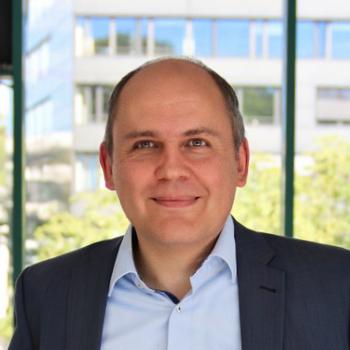Master’s Degree Programs
Saarland University offers a variety of programs in addition to the classical variant, the Master of Computer Science. In the Visual Computing program, students learn to create, edit and digitalize images. Bioinformatics considers, for example, computational methods that aid in cancer diagnosis, while media informaticians develop new software for digital media. In addition, the Saarland Informatics Campus offers the international study program “Language and Communication Technologies” together with six other European universities. Here students learn, at various locations, about the interplay between written and spoken language and their corresponding automatic processing.
Computer Science
The Master’s program in Computer Science at Saarland University is recognized internationally, with around 60% of its students coming from abroad. This program offers a conducive environment for those interested in research-based studies in computer science. Areas such as AI, cybersecurity, visual computing, human-computer interaction, and software engineering are among the many subfields of computer science available for students to explore based on their preferences. Through their integration into the Saarland Informatics Campus, students also benefit from the expertise of world-renowned informatics partner institutes.
66123 Saarbrücken
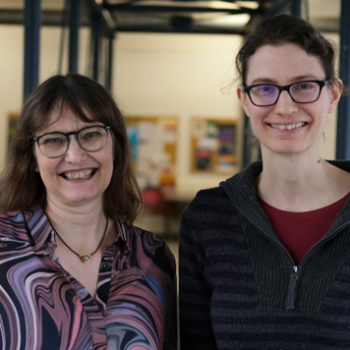
Bioinformatics
The Master’s program in Bioinformatics builds on the methodological foundation set by the Bachelor’s program. It incorporates contemporary research topics and creates direct connections with laboratory research at Saarland University and industry collaborations. Students explore areas like genetics, drug research, virology, biotechnology, and medical diagnostics. At the same time, they further develop competencies in computer science, covering data structures, algorithms, artificial intelligence, machine learning, computer graphics, database systems, and software engineering.
66123 Saarbrücken
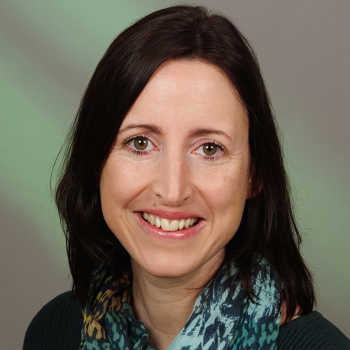
Cybersecurity
The Master’s program in Cybersecurity equips students for roles in both research and industry. Students can specialize in areas such as cryptography, privacy, software security, systems and networks, formal methods, and legal dimensions of cybersecurity. These areas are closely linked with the cutting-edge research undertaken at the CISPA Helmholtz Centre for Information Security. Additionally, the curriculum encompasses related computer science subjects. This program is tailored for those with a Bachelor’s degree in Computer Science, Cybersecurity, or a related domain.
Data Science and Artificial Intelligence
The Master’s program in Data Science and Artificial Intelligence covers areas of data analysis and automation, encompassing topics from mathematics and statistics to machine learning, artificial intelligence, big data, data management, modelling, simulation, and data visualisation. Students engage with relevant problems from computational linguistics, physics, material sciences, chemistry, psychology, and biology. With the importance of handling data appropriately, the program also addresses IT security, legal considerations, data protection, philosophy, and ethics.
66123 Saarbrücken
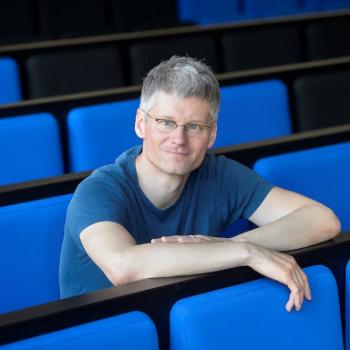
Embedded Systems
Devices such as insulin pumps, pacemakers, high-speed trains, and coffee machines operate with the assistance of small computers termed “embedded systems.” The Master’s program in Embedded Systems serves as a connection between traditional engineering and computer science. It addresses multiple facets of modern, integrated, and embedded systems, and provides students with the opportunity to customize their course content according to their interests. Through collaborative projects between Saarland University and its industrial partners, students can gain exposure to real-world industrial scenarios during their studies.
66123 Saarbrücken

Language Science and Technology
The Master’s program in Language Science and Technology merges foundational, applied, and cognitive research related to language processing and technology. Students have the flexibility to select from an extensive array of courses spanning computational linguistics, psycholinguistics, phonetics, speech science, and speech technology, allowing them to customize their study experience according to their personal interests. Recognized for it’s excellent research in computational linguistics and language technology, Saarland University provides students with a vibrant research setting. All courses and examinations are conducted in English.
66123 Saarbrücken

Mathematics and Computer Science
Many of today’s challenges demand a thorough understanding in both mathematics and computer science. The Master’s program “Mathematics and Computer Science” offers students the opportunity to study both disciplines concurrently and comprehensively. Participants can select from an extensive array of courses spanning both domains. Graduates are not only equipped to excel in traditional roles within mathematics and computer science but also in emerging and dynamic sectors such as e-commerce, automotive engineering, mechanical engineering, healthcare, and telecommunications.
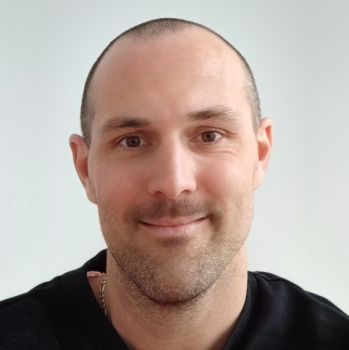
Media Informatics
The Master’s program in Media Informatics offers a blend of practical and research-based education within the interdisciplinary domain of media informatics. Students gain analytical, creative, and hands-on insights into software and system design for digital media. In partnership with the University of Fine Arts Saar, the program introduces elements of design. Students participate in courses, undertake a Media Art & Design project, and undergo a practical phase in industry.
66123 Saarbrücken

Visual Computing
The interdisciplinary Master’s program “Visual Computing” provides the broad theoretical and practical expertise needed to create, process and analyse digital images. The lectures and seminars are dedicated to image creation and its geometric foundations, image analysis and synthesis and related fields.
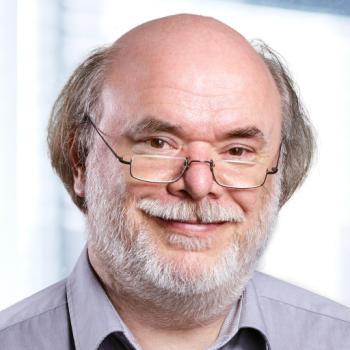
Business Informatics
Business informatics investigates and shapes the digitalization processes within business, administration, and society. It assesses the capabilities of emerging information technologies and derives innovative IT and organizational strategies. The field encompasses the development and utilization of information and communication systems in businesses, facilitating digital transformation. As an interdisciplinary domain, it bridges the gap between economics and computer science.

International Study Programs
Language and Communication Technologies
The Master’s program in Language and Communication Technologies (LCT) integrates foundational, applied, and cognitive research on language processing and technology. The LCT program is backed by a consortium of seven European universities, and students study at two partner institutions, ultimately earning dual degrees. The curriculum encompasses areas such as computational linguistics, psycholinguistics, phonetics, speech science, and speech technology. All instruction and examinations are conducted in English.

